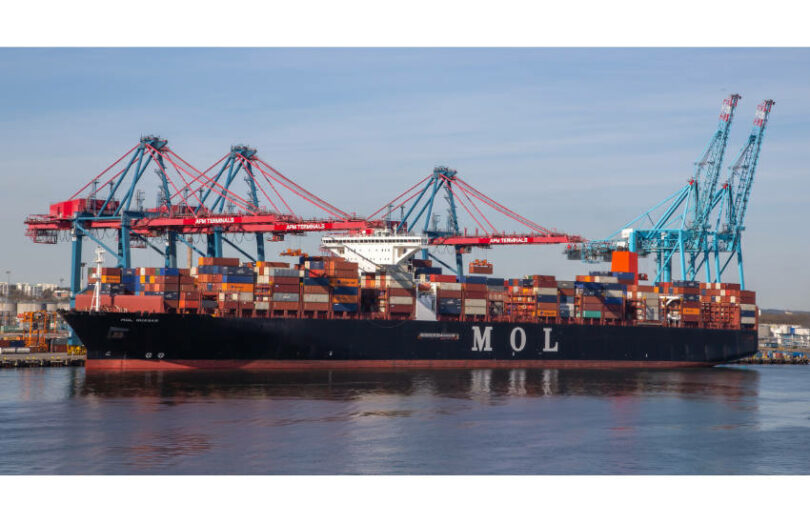Japanese shipping carrier Mitsui O.S.K. Lines (MOL) is involved in a blockchain pilot for carbon insets. It’s tokenizing the CO2 reductions from using biofuels rather than conventional marine fuels. One advantage of the insets is that the shipping line can recover some of the costs of the more expensive fuel. It does so by passing on some of the inset benefits to freight forwarders and clients shipping goods.
It’s common to hear about tokenized carbon credits in the blockchain world, but that involves offsets rather than insets. One party does the ‘clean’ activity and sells the carbon credit to a company that wants to offset its pollution. The buyer is not performing a clean activity, and the carbon savings are not directly related to its processes.
In contrast with carbon insets, the buyer incorporates the clean activity into its processes, such as ensuring the logistics process is relatively sustainable.
For this use case, blockchain doesn’t just tokenize the benefit. It also provides transparency. That would allow a goods manufacturer to include the details in a product passport.
“To achieve our global climate goals, we need more low carbon fuels and bio-methanol is one of the very promising solutions for the shipping industry,” said Jeroen van Heiningen, Managing Director of 123Carbon, which provided the blockchain solution. Methanex was the partner for the biofuel, Verifavia was the third-party assurance partner, and AllChiefs implemented the solution.
Book and claim for insets
The insets are allocated along the supply chain using a ‘book and claim’ methodology. That means the goods shipped don’t necessarily travel on a ship that uses biofuel. Instead, buying the insets contributes to the industry’s use of more marine fuel. In other words, it’s paying as if its goods traveled on a ship that used biofuel, even if that specific ship did not.
In the aviation sector, the Sustainable Aviation Fuel (SAF) movement also uses the book and claim methodology. If an executive is making a business trip, finding a flight using SAF is too complicated. Instead, the traveler’s employer purchases inset when the flight is booked.
Meanwhile, 123Carbon is also working with another shipping carrier, Denmark’s Norden.






